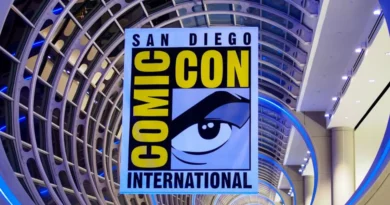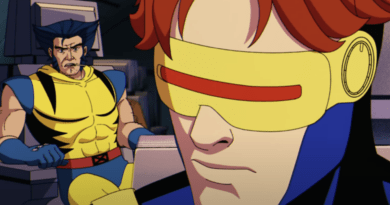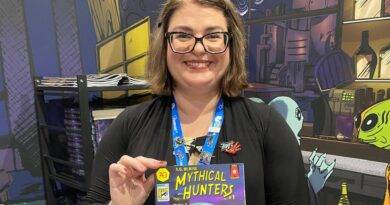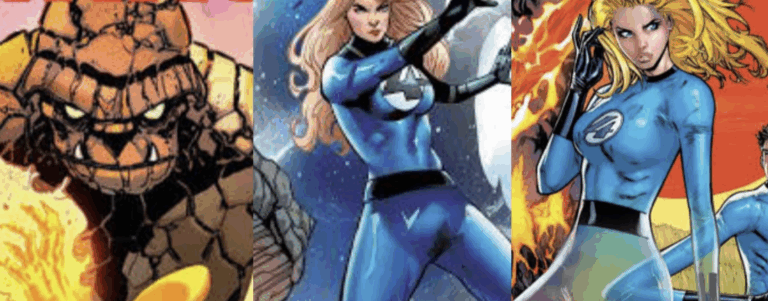
Marvel’s Next Big Gamble: How the New Fantastic Four Relaunch Could Redefine the Future
Marvel Comics is no stranger to reinvention. From legacy heroes passing on their mantles to
universe-shattering events that redraw the multiversal map, Marvel thrives on the new. But as
the dust settles from recent events and fan discourse continues to rage over the current
direction of the MCU and its comics counterpart, all eyes are on Marvel’s next major play:
the upcoming Fantastic Four relaunch.
More than just another #1 issue, this relaunch feels like a strategic move and a bold gamble
that could set the tone for Marvel’s creative direction across all platforms. With the Fantastic
Four historically serving as the cornerstone of Marvel’s universe, a successful reinvention of
Marvel’s First Family could re-anchor its core values, re-engage longtime readers, and offer a
blueprint for balancing legacy with innovation.
A Storied Past and a Tumultuous Present
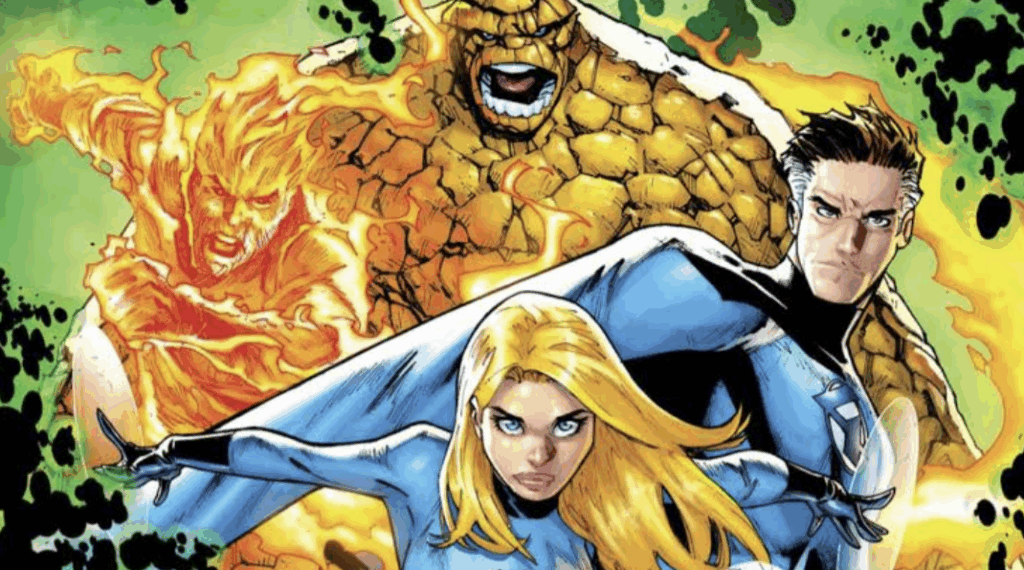
Created by Stan Lee and Jack Kirby in 1961, the Fantastic Four was the book that built the
Marvel Universe as we know it. It introduced cosmic concepts, complex characters, and
serialized storytelling that would ripple through decades of comics. Reed Richards, Sue
Storm, Johnny Storm, and Ben Grimm weren’t just heroes, they were family. Their
interpersonal drama, scientific wonder, and world-threatening adventures created the
template that Spider-Man, the X-Men, and even the Avengers would follow.
But in recent years, the Fantastic Four has struggled to recapture that same lightning-in-a-
bottle magic. Post-Secret Wars and beyond, the team has felt sidelined or underutilized.
While Dan Slott’s run in the late 2010s brought the team back into continuity and featured
some imaginative arcs, it didn’t quite revitalize the franchise as Marvel likely hoped.
Now, with buzz swirling about a new creative team and narrative direction, Marvel is taking
another shot. And this time, the stakes are higher.
A Creative Overhaul with Strategic Intent
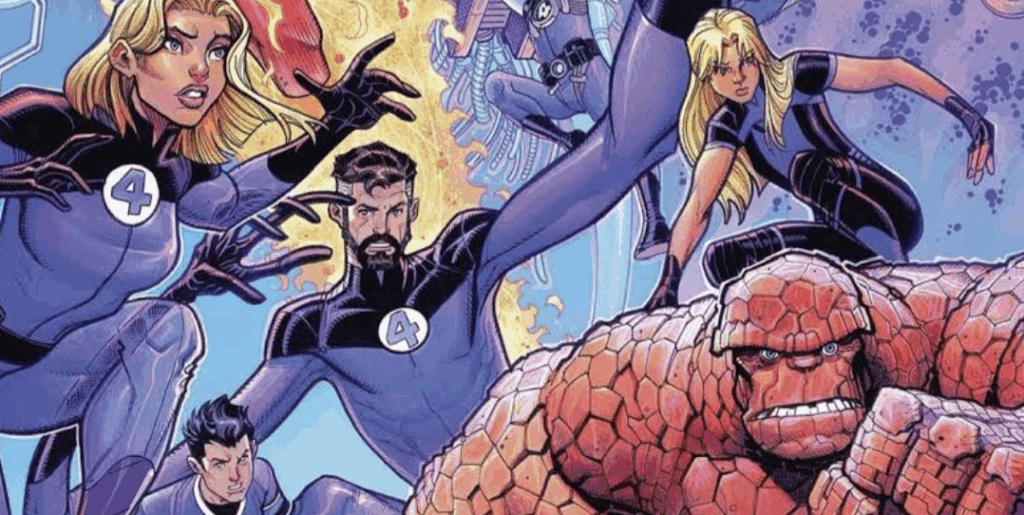
While full details about the new run remain under wraps, early reports indicate Marvel is not
playing it safe. Whispers of a grounded yet cosmic tone, a more humanized Reed Richards,
and deeper explorations of Ben Grimm’s trauma suggest a return to emotional storytelling; a
core strength of the original series.
This isn’t just a return to form; it’s a potential redefinition. Marvel appears to be aiming for a
synthesis of classic appeal and modern sensibility. That means contemporary themes like
identity, scientific ethics, and generational legacy interwoven with the high-stakes
exploration the Fantastic Four are known for.
Critically, this relaunch could also be laying groundwork for cross-platform synergy. With
the Fantastic Four film set to debut in the Marvel Cinematic Universe soon, Marvel has
every incentive to ensure the comics are a narrative proving ground. If the new book
resonates, it could guide the tone of the MCU version, and help in avoiding past pitfalls of
over-sanitized family drama in favor of layered, character-driven storytelling.
The Gamble: Reclaiming the Core

Marvel’s challenge isn’t just writing a good Fantastic Four story, it’s making the First
Family feel central again. In an age where the X-Men are engaging in radical geopolitical
narratives and Spider-Man is constantly in multiversal peril, the FF needs a clear identity.
The new relaunch seems to be positioning them as moral and intellectual anchors. Heroes
who don’t just punch villains, but ask the big questions. What does it mean to be a family in a
fractured world? How do we balance the pursuit of knowledge with responsibility? Can
optimism survive in an age of anti-heroes and moral ambiguity?
If Marvel can thread this needle, it won’t just rejuvenate a single title, it will redefine what
“mainstream” Marvel storytelling looks like in 2025 and beyond.
A New Era or Just Another Attempt?
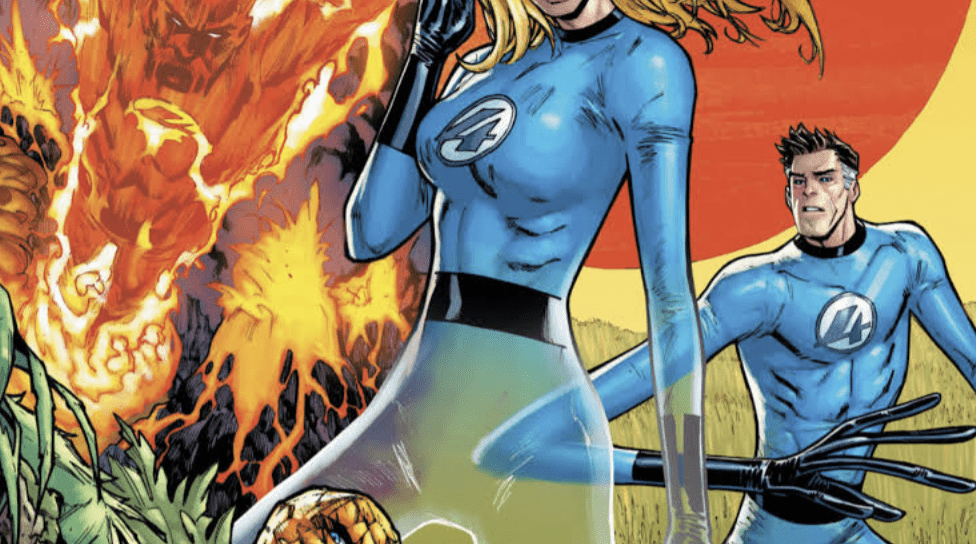
Skeptics may argue that we’ve seen this play before: a hyped-up relaunch, a promising start,
and then a slow drift into mediocrity. But there are signs this time could be different.
Marvel’s increased attention to creative pairings, tighter narrative arcs, and alignment with
multimedia rollouts show a company learning from past missteps.
And perhaps more importantly, readers seem ready. There’s a growing appetite for stories
that balance hope and complexity, exactly what the Fantastic Four, at its best, represents.

